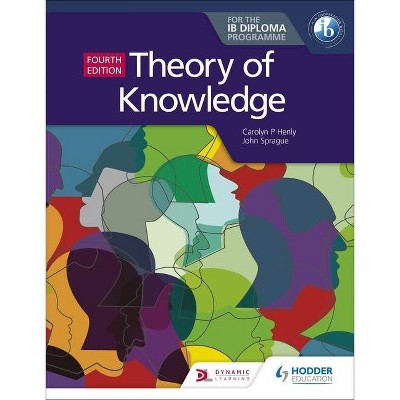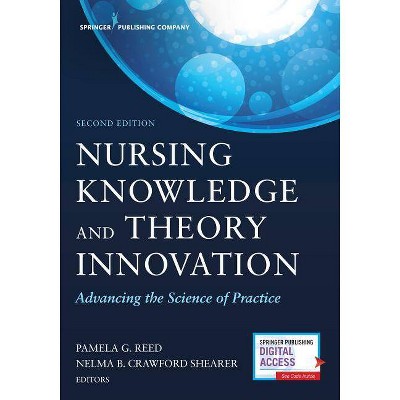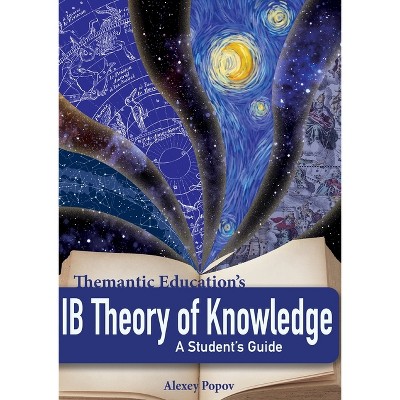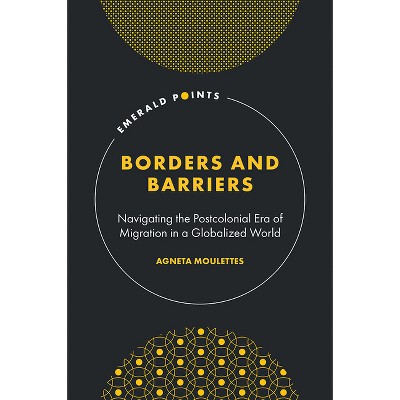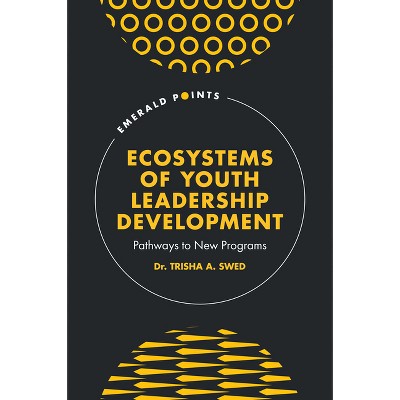A Systemic Theory of Knowledge Management - (Emerald Points) by Jon-Arild Johannessen (Hardcover)

About this item
Highlights
- The Fourth Industrial Revolution while creating many new opportunities, is inevitably going to lead to uncertainty around specific jobs and roles, particularly those of knowledge workers and in the innovation economy.
- About the Author: Jon-Arild Johannessen is a Professor in Leadership at Kristiania University College, Oslo, Norway.
- 136 Pages
- Business + Money Management, Knowledge Capital
- Series Name: Emerald Points
Description
About the Book
The Fourth Industrial Revolution while creating many new opportunities, is inevitably going to lead to uncertainty around specific jobs. To understand which jobs will be uncertain as society moves towards the Fourth Industrial Revolution, Johannessen adopts three time-perspectives.
Book Synopsis
The Fourth Industrial Revolution while creating many new opportunities, is inevitably going to lead to uncertainty around specific jobs and roles, particularly those of knowledge workers and in the innovation economy.
To understand which jobs will be uncertain as society moves towards the Fourth Industrial Revolution, Johannessen adopts three time-perspectives. The short-term perspective, five to fifteen years. The medium-term perspective, fifteen to thirty years. Currently there is little interest in the long term-perspective, but this time perspective extends from approximately thirty to fifty years ahead. In the short and accessible text, Johannessen answers the question of which jobs will be uncertain regarding these timelines with the main focus on the short and medium-term perspectives.
A forewarning of possible future competences, by means of expectation signals, will enable people to acquire the competences that will be demanded by the new technology. This can be of benefit to students when planning their studies, so they can adapt their education to future changes; it can also be of benefit to schools and universities, so they can make changes to their curricula. In addition, it will also be of relevance to the authorities, so that they can provide more high-tech educations, with a focus on the new technology that is emerging.
About the Author
Jon-Arild Johannessen is a Professor in Leadership at Kristiania University College, Oslo, Norway. He holds a Ph.D. from Stockholm University in Systemic thinking. He was previously a Professor Knowledge Management at the Norwegian School of Management.






